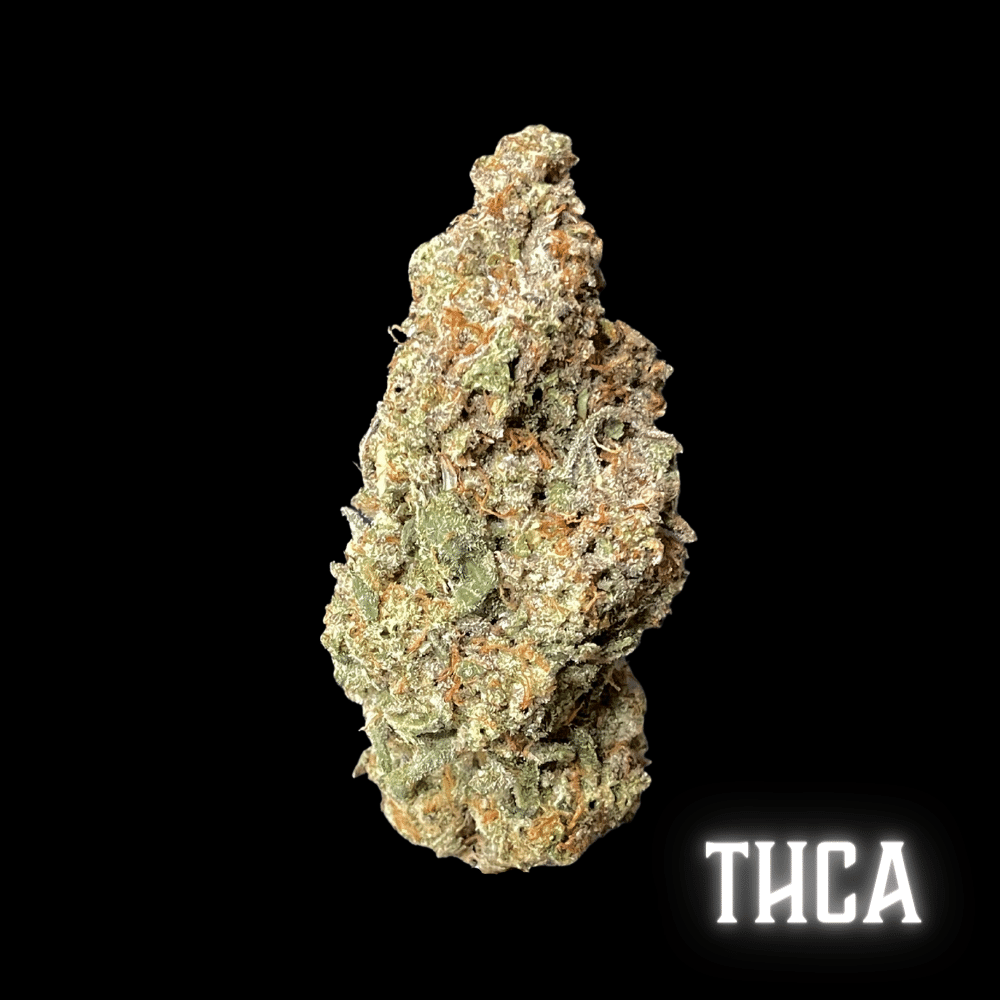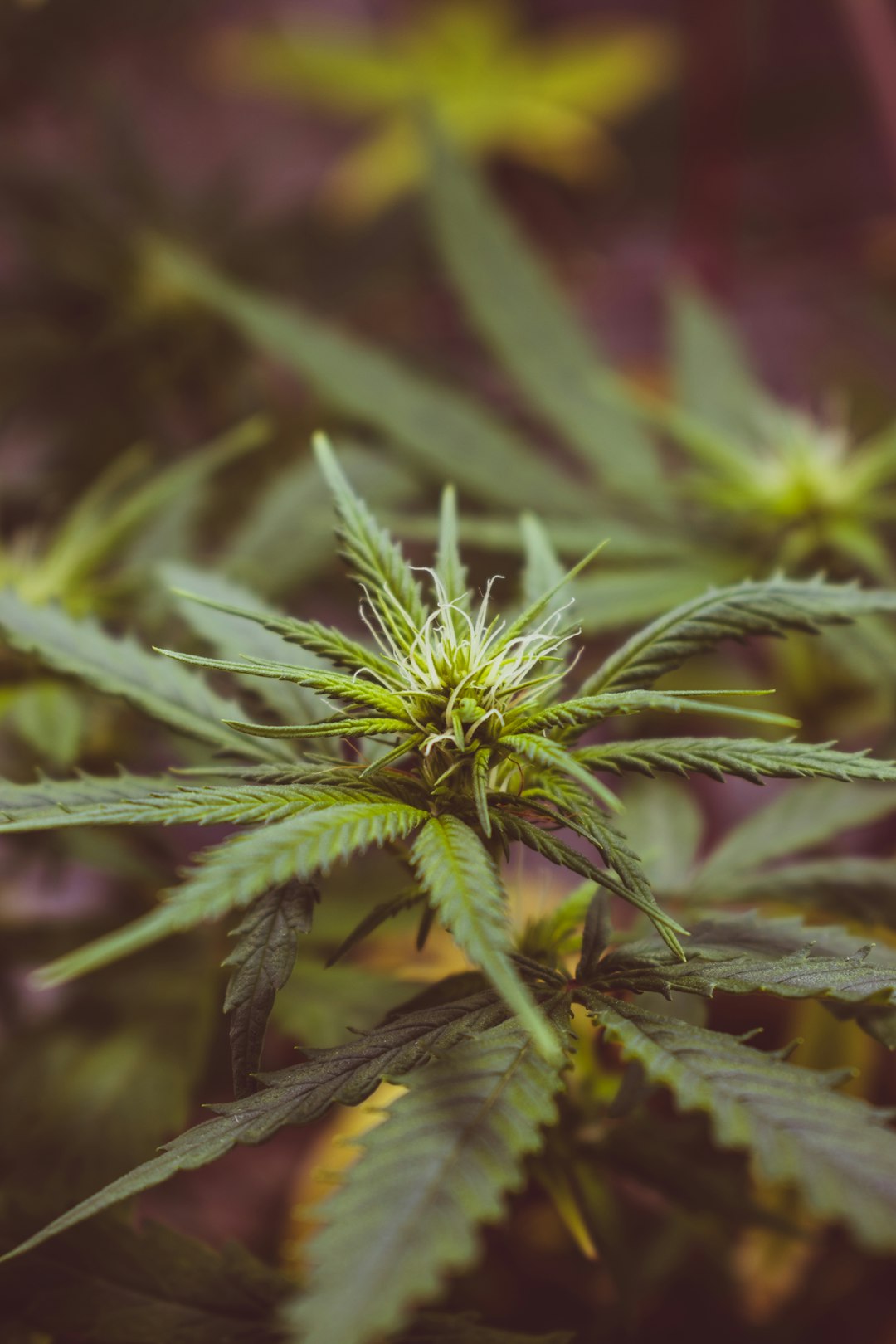THCA flower has been gaining popularity in the cannabis industry, but what exactly is it and how is it made? In this article, we will explore the production process of THCA flower and answer common questions about its cultivation.
What is THCA Hemp Flower?
THCA (tetrahydrocannabinolic acid) is a non-psychoactive compound found in raw cannabis plants. It is the precursor to THC (tetrahydrocannabinol), the psychoactive compound responsible for the "high" associated with cannabis use.
THCA hemp flower is a cannabis plant that have been carefully cultivated to have high levels of THCA and low levels of THC, less than .3%.
All THCA Flower Hemp?
Some THCA flower can be classified as THCA hemp flower when its delta 9 THC content is lower than 0.3%. This classification allows for the inclusion of certain strains of THCA flowers within the category of hemp flower containing THCA. Moreover, it is worth noting that numerous THCA flower strains, which possess a concentration of delta 9 THC below the 0.3% threshold, are commonly available for purchase in various dispensaries. These dispensaries often market these strains as marijuana due to the fact that in all forms of cannabis, delta 9 THC typically exists in its acidic form known as THCA.
How is THCA Flower Grown?
Cultivation
The first step in making THCA flower is cultivating cannabis plants with high levels of THCA, which is achieved through a meticulous process of carefully selecting and breeding specific strains of cannabis. These strains are chosen for their natural inclination to produce elevated levels of THCA, a highly sought-after compound found in cannabis.
To ensure the utmost quality and consistency, cannabis plants are typically grown in a controlled environment, such as a greenhouse or indoor grow room. This controlled setting allows for precise regulation of growing conditions, facilitating optimal growth and development. These conditions involve the careful management of variables such as light intensity, duration, and spectrum, providing the plants with a well-calibrated light source to maximize their photosynthetic capacity.
Moreover, the controlled environment guarantees that the cannabis plants receive the ideal amount of water, ensuring proper hydration without the risk of over or under watering. Watering schedules are carefully designed to address the specific needs of each strain, taking into account factors such as climate, plant size, growth stage, and root development. By maintaining precise control over watering, cultivators create an environment where plants can thrive, leading to the production of high-quality THCA flower.
Additionally, the cultivation process involves the provision of essential nutrients to the cannabis plants. These nutrients are carefully formulated and delivered in appropriate quantities to ensure that the plants receive a well-balanced diet, promoting healthy growth and maximizing THCA production. By closely monitoring nutrient levels and adjusting them as needed, cultivators create an optimal nutritional environment, allowing the cannabis plants to reach their full potential in terms of THCA content.
By meticulously selecting strains with high THCA levels, providing the ideal growing conditions, and optimizing nutrient intake, cultivators create the foundation for the production of THCA flower. This intricate cultivation process ensures that the plants are able to express their genetic potential to the fullest, resulting in the synthesis of THC-rich flowers with potent concentrations of this sought-after compound.
Harvesting
Once the cannabis plants have reached maturity, they are harvested and dried. This process involves cutting down the plants and hanging them upside down to dry. This allows for the moisture to be evenly distributed throughout the plant, resulting in a more potent and flavorful product.
Is THCA Flower Sprayed?
There is a common misconception that THCA flower is sprayed with THCA extract. However, this is not the case. THCA flower is made by carefully cultivating and extracting THCA from cannabis plants, not by spraying it onto the flower.
Spraying THCA extract onto flower buds would not result in a high-quality product and could potentially be harmful if the extract is not properly tested and regulated.
The Benefits of THCA Flower
THCA flower offers a variety of benefits for both medical and recreational cannabis users. Some of the potential benefits include:
- Pain relief: THCA has been shown to have anti-inflammatory and analgesic properties, making it a potential option for pain management.
- Anti-nausea: THCA has been found to have anti-emetic effects, making it a potential treatment for nausea and vomiting.
- Neuroprotective: THCA has been shown to have neuroprotective properties, which may be beneficial for conditions such as Alzheimer's and Parkinson's disease.
- Non-psychoactive: Unlike THC, THCA does not produce psychoactive effects, making it a suitable option for those who do not want to experience a "high" when consuming cannabis.
The Future of THCA Flower
As the cannabis industry continues to grow and evolve, we can expect to see more research and development into THCA flower and its potential benefits. With the increasing demand for non-psychoactive cannabis products, THCA flower is likely to become more widely available and accepted.
Conclusion
THCA flower is a non-psychoactive cannabis product made from carefully cultivated and extracted THCA. It offers a variety of potential benefits and is becoming increasingly popular in the cannabis industry. By understanding the production process of THCA flower, consumers can make informed decisions about their cannabis consumption and potentially reap the benefits of this unique product.


